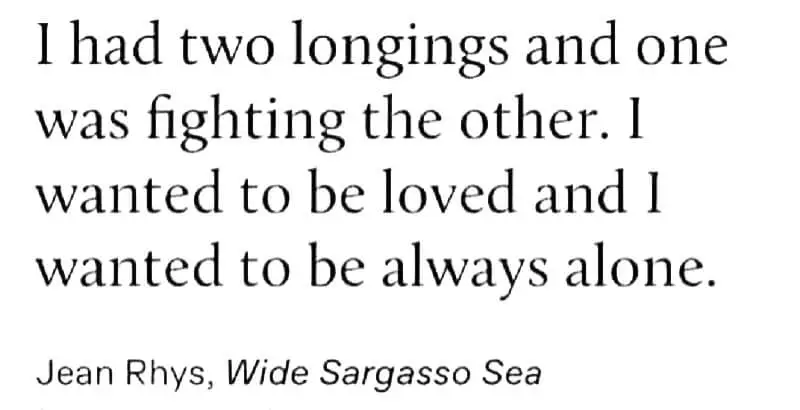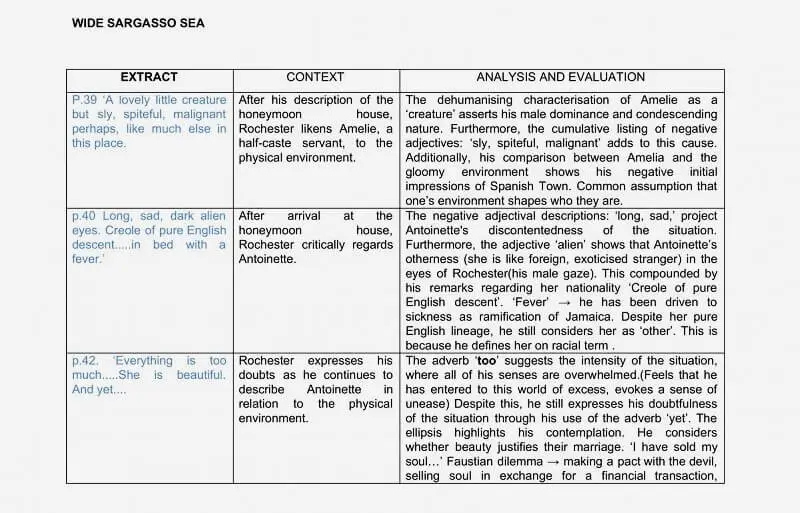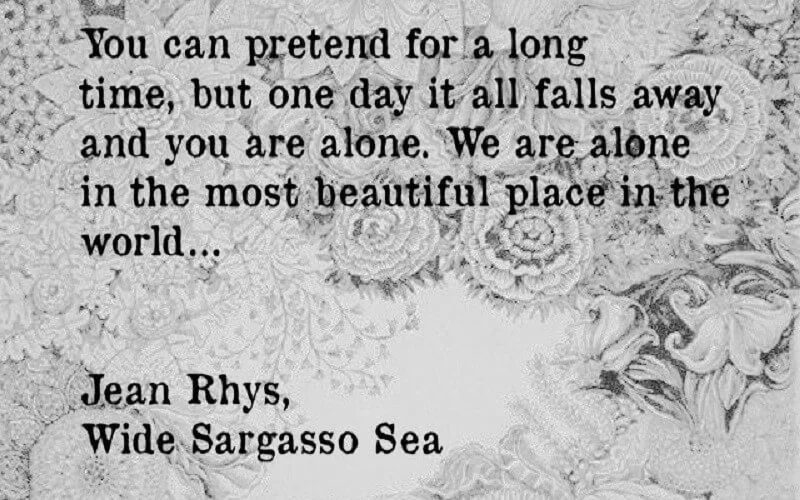Introduction to “Wide Sargasso Sea”
“Wide Sargasso Sea PDF,” written by Jean Rhys, is a compelling novel that serves as a prequel to Charlotte Bront’s classic, “Jane Eyre.” It offers a nuanced exploration of themes such as colonialism, identity, and displacement, set against the vibrant backdrop of the Caribbean
| Name of PDF | Wide Sargasso Sea |
|---|---|
| No Pages | 89 |
| Author | Jean Rhys |
| Originally Published | October 1966 |
| Language | Klaus Schwab, Thierry Malleret |
| Genres Characters | Novel, Historical Fiction, Romance novel, Postmodern literature, Psychological Fiction, Historical romance, Parallel novel Edward Rochester, Christophine, Daniel Cosway, Annette Cosway, Antoinette Cosway |
| Size | 5.41 MB |
| latest edition |
Table of Contents

Novel Lord of the Flies PDF
Background of the Author, Jean Rhys
Jean Rhys, born Ella Gwendolyn Rees Williams in 1890, was a British-Dominican author whose life experiences heavily influenced her writing. Raised in the Caribbean, Rhys later moved to England, where she faced struggles with poverty and displacement. Her complex identity as a white Creole woman shaped much of her work, including “Wide Sargasso Sea.”
Setting the Stage: Overview of the Caribbean Context
The novel is set primarily in Jamaica during the aftermath of the Emancipation Act of 1833. This period marked significant social and economic upheaval in the Caribbean, as former slaves grappled with newfound freedom while still facing oppression and exploitation.
Plot Summary of “Wide Sargasso Sea”
“Wide Sargasso Sea” follows the story of Antoinette Cosway, a young Creole woman who marries an Englishman, Mr. Rochester. As their relationship unfolds, tensions arise due to cultural differences, racial prejudice, and the haunting legacy of colonialism.
Themes Explored in the Novel
Colonialism and Post-Colonialism
The novel delves into the destructive impact of colonialism on both colonizers and the colonized. It exposes the inequalities and power dynamics inherent in colonial societies, as well as the lasting trauma inflicted on individuals and communities.
Identity and Alienation
Antoinette’s struggle to assert her identity in a world that rejects her as an outsider is a central theme of the novel. Rhys explores the complexities of belonging and alienation, highlighting the psychological toll of displacement and marginalization.
Gender and Power Dynamics
The dynamics of power, particularly in the context of gender, are intricately woven throughout the narrative. Antoinette’s subordinate position as a woman, compounded by her racial identity, exposes the intersecting forms of oppression present in society.

Character Analysis
Antoinette Cosway
Antoinette is a complex and enigmatic character whose psyche is deeply affected by her experiences of marginalization and trauma. Rhys portrays her as a symbol of resistance against societal norms, yet also as a tragic figure caught in a web of oppression.
Rochester
Mr. Rochester represents the epitome of colonial arrogance and entitlement. His treatment of Antoinette reflects the pervasive misogyny and racism of his time, as well as his own internal struggles with identity and belonging.
Christophine
Christophine, Antoinette’s confidante and servant, offers a perspective rooted in Afro-Caribbean spirituality and wisdom. She serves as a counterbalance to the oppressive forces in the novel, advocating for Antoinette’s autonomy and dignity.
Literary Style and Techniques
Rhys employs a fragmented narrative structure and evocative imagery to immerse readers in the lush yet unsettling atmosphere of the Caribbean. Her prose is rich with symbolism and metaphor, inviting readers to delve beneath the surface of the story.
Reception and Critical Analysis
Since its publication in 1966, “Wide Sargasso Sea” has garnered widespread acclaim for its bold exploration of colonial history and its innovative narrative techniques. Critics have praised Rhys’s nuanced portrayal of complex characters and themes, cementing the novel’s status as a literary classic.
Adaptations and Influence
The novel has inspired numerous adaptations in various art forms, including film, theater, and literature. Its enduring legacy lies in its ability to provoke thought and discussion on issues of race, gender, and power dynamics in post-colonial societies.
Conclusion
“Wide Sargasso Sea” stands as a powerful testament to the enduring legacy of colonialism and its impact on individual lives. Through its vivid characters and evocative prose, Jean Rhys invites readers to confront uncomfortable truths about power, identity, and the human condition.

FAQs about Wide Sargasso Sea PDF
Is “Wide Sargasso Sea” a standalone novel, or do I need to read “Jane Eyre” first?
“Wide Sargasso Sea” can be enjoyed on its own, but readers familiar with “Jane Eyre” may appreciate the intertextual connections between the two novels.
What inspired Jean Rhys to write “Wide Sargasso Sea”?
Rhys drew inspiration from Charlotte Bront’s portrayal of Bertha Mason, the “madwoman in the attic,” in “Jane Eyre,” seeking to give voice to this marginalized character and explore her backstory.
How does “Wide Sargasso Sea” challenge traditional literary conventions?
The novel subverts traditional narratives of colonialism and romance, offering a counter-narrative that centers the experiences of marginalized characters and challenges dominant power structures.
What significance does the setting of the Caribbean hold in the novel?
The Caribbean setting serves as more than a mere backdrop; it is a character in its own right, shaping the identities and experiences of the novel’s protagonists and reflecting the broader historical context of colonialism.
What impact has “Wide Sargasso Sea” had on contemporary literature?
The novel has influenced generations of writers and scholars, sparking discussions on post-colonialism, feminism, and the ethics of representation in literature.




